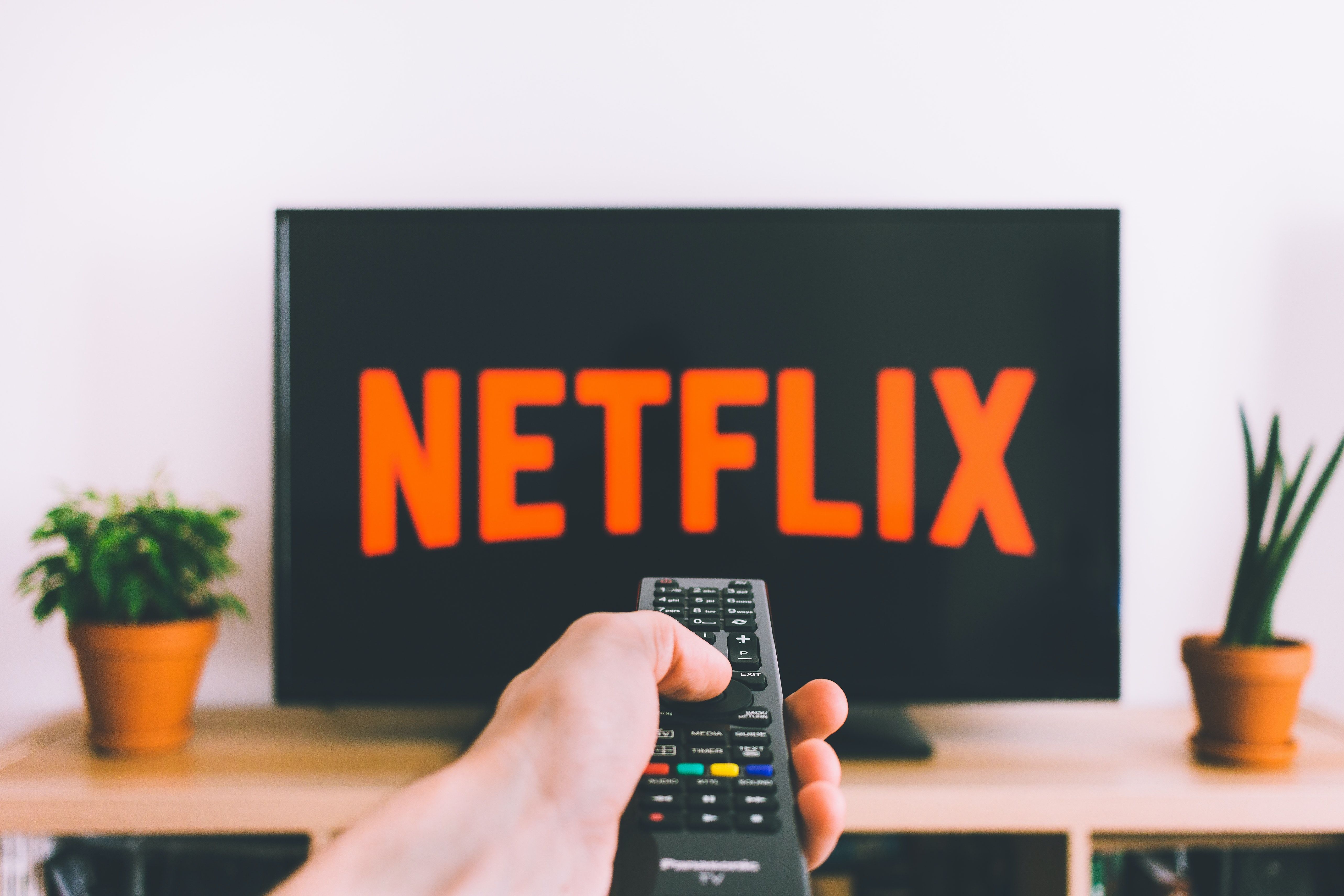A bombshell hit the streaming industry when Amazon purchased a major movie studio, MGM. As Amazon continues to compete with other giants in the streaming industry, it has also set precedent over what we can expect from the streaming wars in years to come.
But how will this impact you, the services you use, and the content you consume? Here are the details of the acquisitions, as well as what it means for the future of streaming services.
Amazon Acquires MGM for $4.45 Billion
In a massive move for the streaming industry, Amazon has purchased major studio MGM for $4.45 billion and has taken over all media content. The acquisition is the second largest by Amazon and only falls behind its purchase of Whole Foods.
It's not that surprising, given that Amazon spent a total of $11 billion on video and media in 2020 and $7.8 billion in 2019. The latest purchase is a sign that Amazon is here to stay in the streaming wars and plans on spending as much as it takes in order to remain at the head of the pack.
Now, Amazon has access to over 4,000 movies and over 17,000 shows that make up the MGM media library. The plan is not just to take old shows or movies and put them on Prime for viewing, but to develop new and original content from the troves of IP that MGM carries; all to help the goal that whichever streaming service offers the best original content will ultimately drive more subscribers.
MGM is responsible for classic catalogs like the James Bond franchise, but it also developed new shows that have caught the public eye like The Handmaid's Tale and Fargo.
The deal comes at a time when studios and streaming platforms are battling over licensing deals to get the biggest share in the market.
Are Other Streaming Services Acquiring Movie Studios?

Streaming platform giants like Netflix and Prime are the largest at the moment in terms of subscribers, but competitors are anxious to get a piece of the action.
In another huge deal, Discovery has merged with WarnerMedia for $43 billion to form a new company that will compete in the streaming wars. In order for this deal to go through, AT&T had to unwind its acquisition with Time Warner and create a separate entity, which shows just how committed it is to streaming.
The more these companies battle each other over who can get the rights to the most sought-after content, the more giant mergers like Amazon and AT&T we will see. For example, HBO Max, which AT&T owns, could potentially be combined with Discovery+ content now that the two companies have been merged.
Major acquisitions are the only way for companies to compete with a limited amount of content available.
The more consolidations that take place, the fewer options you will ultimately have. This type of consolidation within the streaming industry could lead to changes that don't favor you, like raised prices or content being held behind tiered paywalls.
What Does This Mean for You and Streaming?
For now, Netflix still holds the crown as the undisputed king of streaming. That title is almost certain to change in the near future, especially if it can't hold on to licensing deals like the one it had with The Office.
The Office was the most streamed show on any streaming service in all of 2020 and now that it's found a new home with Peacock, Netflix will need to figure out how many subscribers are leaving with it.
With the new acquisition of MGM, Amazon could be tilting the scales in its favor by offering up original and classic content. It could raise its 200 million Prime subscribers even more.
Other newcomers to the streaming wars like Paramount+, Disney+, and Peacock are all looking to grab a bigger share of the market as well.
Disney+ already has the fastest growing subscriber rate of any streaming service and continues to produce original content on top of fan-favorite franchises like Star Wars. Peacock did get the aforementioned The Office, which should help bring in an immediate subscriber boost on top of its other programming. HBO Max made huge waves when it was launched and now that it has merged with Discovery+, it too looks to gain as many subscribers as it can.

The future face of streaming won't look much like what you are seeing today. Instead of having multiple streaming services that offer different content and unique programming, you could have a limited number of options to choose from.
This type of merger strategy we've seen from Amazon and Discovery has been happening since silent movies were being released in theaters. It's part of the reason why there are only five major studios that collectively release most of the movies every year.
As bigger companies take shape to hold the keys to the streaming kingdom, viewers run the risk of getting left behind. As the options for streaming services become more and more limited because of acquisitions and mergers from the competition, you have less power from a lack of options.
If streaming services become limited in options, they have more ability to control subscription prices, as well as creating more expensive tiers. This can all have a negative effect on streaming and on how we consume our entertainment if the current trends continue.
The positive is that you will have almost everything you want to watch under one service instead of needing to sign up for several.
Big Mergers Take Over Streaming
Amazon recently purchased MGM studios for $8.45 billion and has taken over all of its movies and TV shows for its own streaming platform, Amazon Prime Video. Other acquisitions and mergers are happening by other big names in the industry like Discovery and WarnerMedia.
It's clear that the future of streaming will be mergers and acquisitions to the highest bidder. While there are still multiple streaming options available, you should use various tools to help make it easy to find what you want to watch.
0 Comments